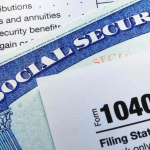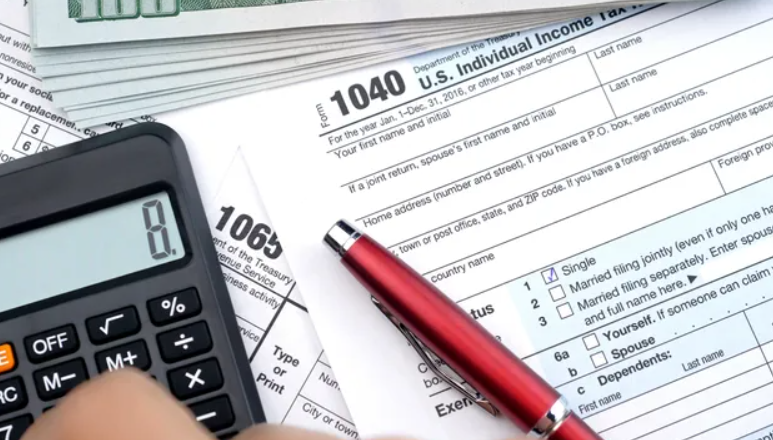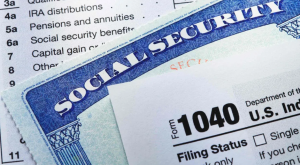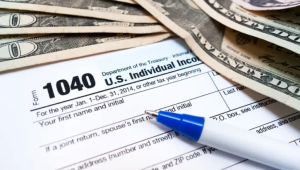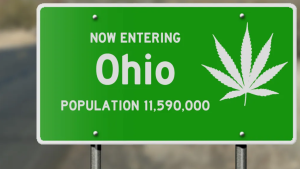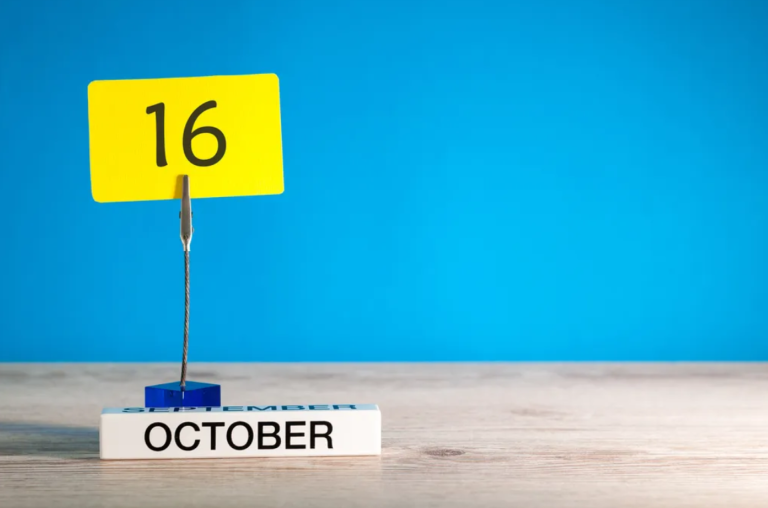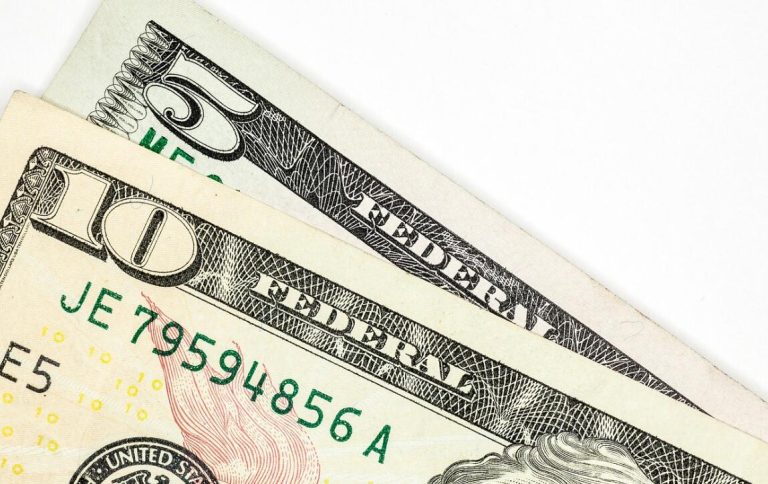Taxes can be a complex and often intimidating part of adult life. If you’ve been using online payment platforms like Venmo, PayPal, or other similar services, you might have heard about the IRS 1099-K form. But what is it, and when might you receive one? In this article, we’ll demystify the IRS 1099-K form, explain its purpose, and help you understand the circumstances in which you might receive it.
The IRS 1099-K Form – What Is It?
The IRS 1099-K form, officially known as the Payment Card and Third Party Network Transactions form, is used to report payments received through payment settlement entities. This includes online payment platforms like PayPal, Venmo, and others. It’s crucial to understand that the 1099-K is not a tax bill but rather an informational form used for tax reporting.
Who Sends the 1099-K?
Payment settlement entities, such as PayPal and Venmo, are responsible for sending out 1099-K forms to certain users. These entities are required to report transactions if they exceed both of the following thresholds within a calendar year:
The total gross payments processed are $20,000 or more.
The total number of transactions is 200 or more.
When Might You Receive a 1099-K?
You are likely to receive a 1099-K if you meet the criteria mentioned above. This means that if you have processed more than $20,000 in gross payments and had 200 or more transactions within a calendar year, the payment settlement entity will send you a 1099-K form. It is important to note that this form includes the total gross payments, which are the payments before any fees, expenses, or refunds are subtracted.
What Information Is on the 1099-K?
The 1099-K form will include your personal information, such as your name, address, and taxpayer identification number (TIN). It will also detail the gross payment amount received through the platform during the calendar year, broken down by month. The payment settlement entity will send a copy of the 1099-K to you and another to the IRS for their records.
Why Does the IRS Receive This Information?
The IRS requires this information to ensure that individuals are accurately reporting their income. The 1099-K form helps the IRS cross-check the income reported on your tax return with the payments you have received through these online platforms. It is part of the effort to minimize underreporting of income and ensure compliance with tax laws.
How Does the 1099-K Affect Your Taxes?
Receiving a 1099-K form does not necessarily mean you owe additional taxes. It primarily serves as a reporting mechanism. To ensure compliance with tax laws, you must report the income you’ve earned through these platforms on your tax return, regardless of whether or not you received a 1099-K. Failure to do so could result in penalties and audits.
Tracking Your Income
To make tax reporting easier, consider keeping thorough records of your income from online payment platforms throughout the year. Many of these platforms offer the option to download transaction histories, which can be used to verify and report your earnings accurately.
Deductions and Expenses
Remember that you can deduct certain expenses related to the income you’ve earned on these platforms, such as transaction fees or costs associated with the goods or services you’ve provided. Keeping track of these expenses can help reduce your taxable income.
Reporting to the IRS
When it comes time to file your taxes, you will need to report your income from online payment platforms on your tax return, typically using Schedule C for self-employment income. This allows you to account for any deductions and calculate your final tax liability accurately.
Seek Professional Guidance
If you are unsure about how to report your income from online payment platforms or have questions about the 1099-K form, it’s advisable to seek professional guidance. A tax advisor or accountant can help ensure that you comply with tax laws, maximize your deductions, and file an accurate tax return.
Conclusion
The IRS 1099-K form is a tool used to report income received through online payment platforms like Venmo and PayPal. If you meet the income and transaction thresholds, you may receive a 1099-K from these platforms. While receiving this form may seem daunting, it is primarily for informational purposes. To navigate tax reporting for income earned through these platforms effectively, maintain accurate records, report your income on your tax return, and consider seeking professional assistance. Remember that paying taxes on your income is not only a legal obligation but also contributes to the functioning of essential public services and programs.
